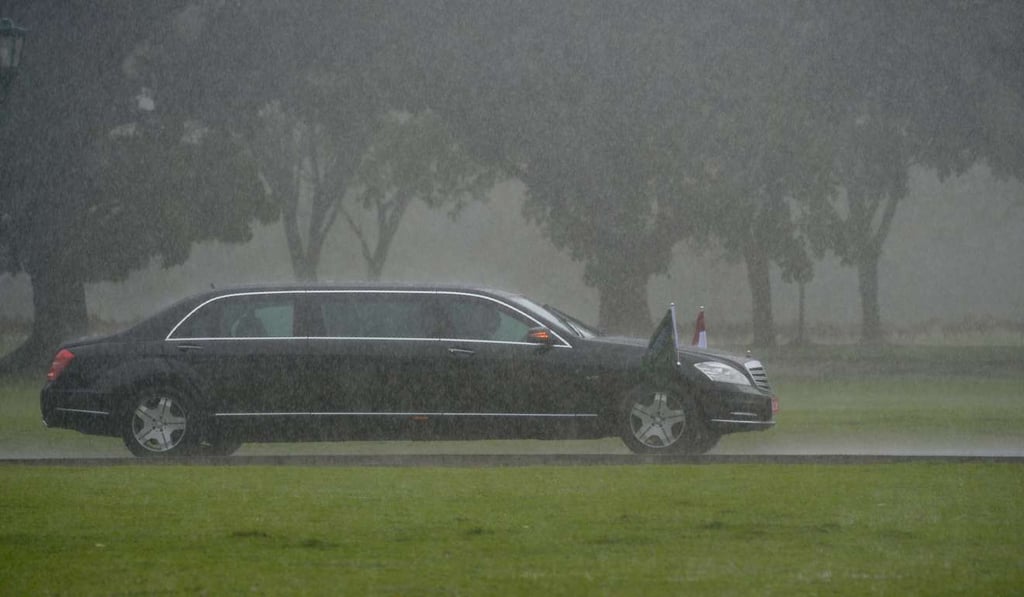A fairytale trip and the truth about Indonesia’s importance to Saudi Arabia
Spectacle of King Salman’s visit to Jakarta shows a shift in the relationship – and masks his kingdom’s deeper motives

When Saudi King Salman emerged earlier this week from a Boeing 747 that is bigger than Air Force One onto a specially made escalator and descended onto the tarmac of the government VIP terminal in Jakarta, the irritations that have dogged relations between the kingdom and the world’s largest Muslim majority all but evaporated.

“This is the guy who can, at any time he wants, travel to Mecca and step inside the Kaabah,” said Asia Foundation’s Indonesia representative Sandra Hamid, referring to the black tiled building at the centre of the Al-Masjid al-Haram to which Muslim faithful anywhere in the world turn towards to pray. “People are amazed. It’s like a fairytale.”
The real agenda for Saudi king’s tour of China, Malaysia, Indonesia
Just as well. The Saudi king’s visit, the first since a brief stop here by his predecessor, King Faisal in 1970, comes as plummeting oil prices and the re-emergence of arch rival, Iran, challenge his kingdom’s sway. King Salman is betting he can shore up his clout amid shifting geopolitical allegiances.